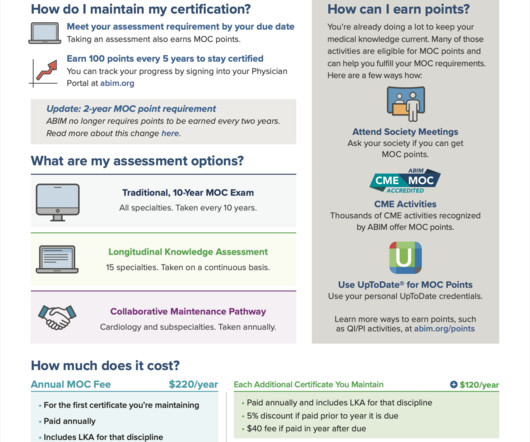Deprescribing Super Special III: Constance Fung, Emily McDonald, Amy Linsky, and Michelle Odden
GeriPal
JANUARY 23, 2025
Summary Transcript CME Summary Its another deprescribing super special on today’s GeriPal Podcast, where we delve into the latest research on deprescribing medications prescribed to older adults. This study underscores the power of patient education in promoting safer medication use.






























Let's personalize your content